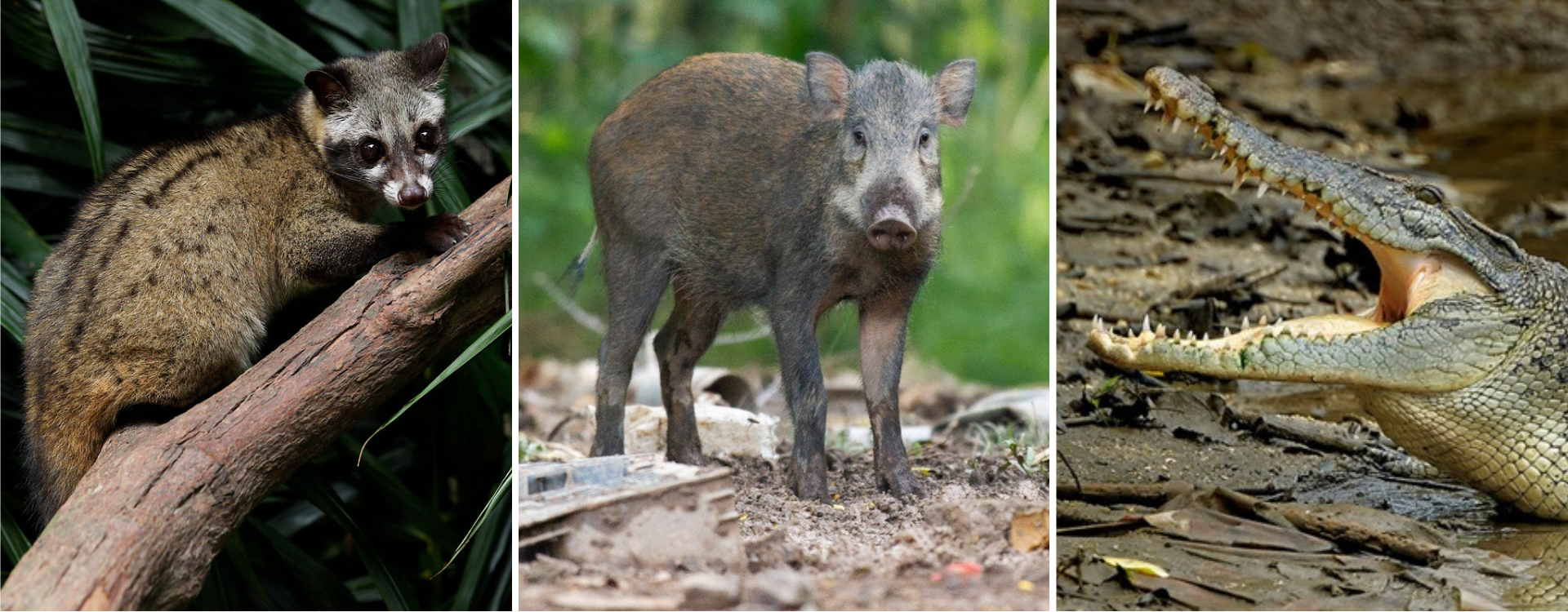
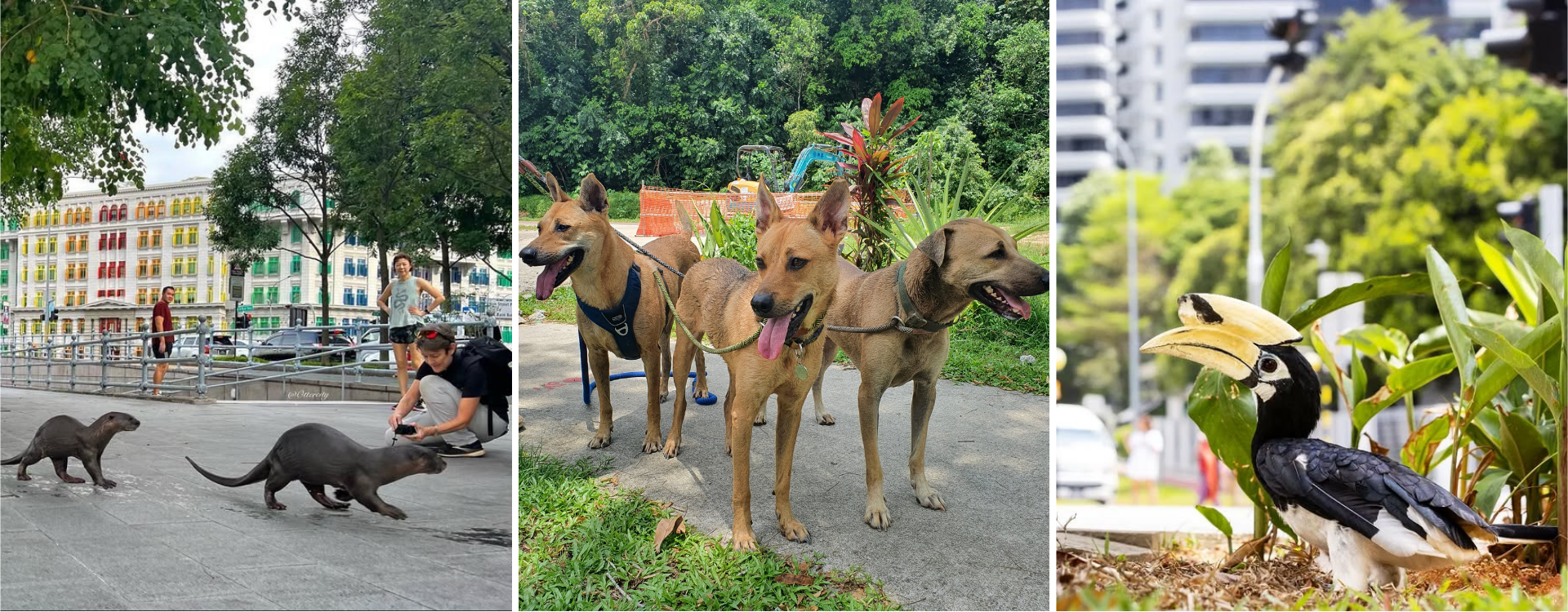
If you've ever been on a walk and had to pry a discarded object out of your dog's mouth, you know how close pollution comes to their daily lives. For our dogs, it isn’t just litter - it can be dangerous. A food wrapper or bone left behind might seem harmless to us, but to a curious nose it can mean choking, poisoning, or a sudden dash to the vet.
And it’s not only our pets. The same bits of rubbish in our parks, void decks, and walkways are hazards for community cats, birds, and the wildlife that call Singapore home.
That’s why this World Animal Day, we’re reflecting on compassion and responsibility. Not just for the pets in our homes, but as everyday acts that protect all animals who share our world.
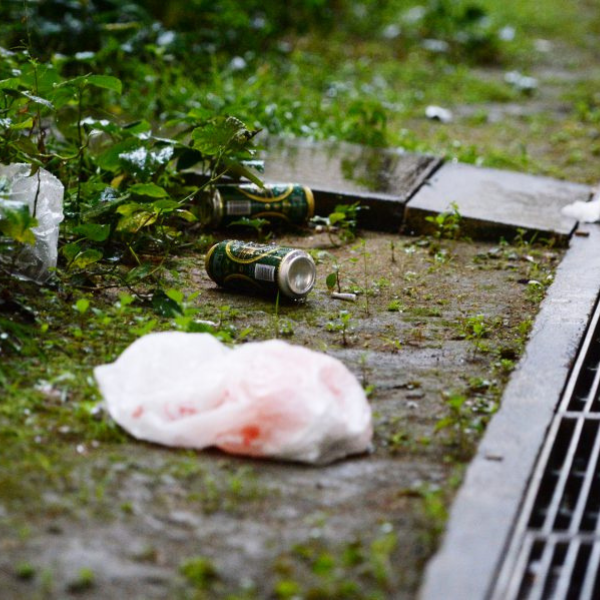
It often starts small. A snack wrapper dropped on the ground, a takeaway cup left on a bench, a plastic bag caught in the grass. To us, it’s an eyesore. To animals, it’s a trap.
Dogs, with their curious noses, might chew or swallow what they find. Birds can get tangled in handles or sharp edges. Even leftover food waste can harm community cats who scavenge from it.
Animals are constantly adapting to the spaces we’ve built. Pigeons, mynas, civet cats, and otters have learned to live alongside us. Also crows, pigeons, and rats. It’s our responsibility to look for ways to coexist, through understanding, respect, and thoughtful management. And when population control is deemed necessary, it should always be carried out in humane, ethical ways that minimise suffering.
The good news? Making good choices collectively can make an impact.
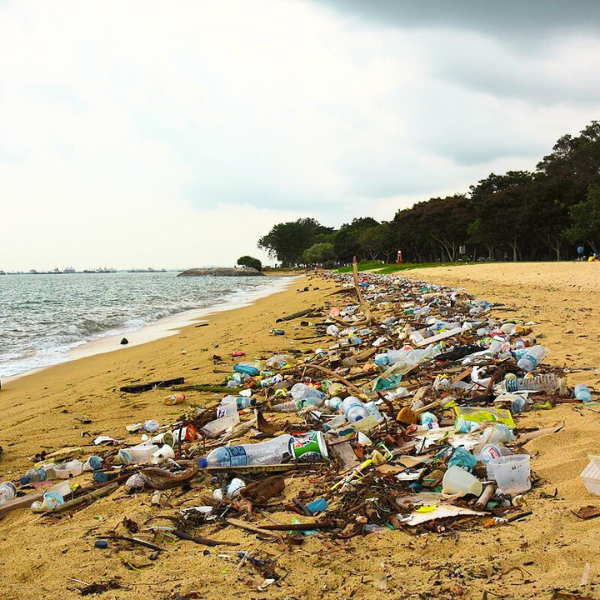
In Singapore, we’re never far from the sea. A weekend stroll on East Coast, a trip to Sentosa, or even a ferry ride reminds us how much life depends on our waters. But our oceans are also where much waste ends up.
Fishing lines, containers, and stray lanterns become traps for turtles, seabirds, and marine creatures. A single ring or tangled thread is enough to disable a flipper or wing.
Next time you’re by the water, pause and notice what’s beneath your feet. That bottle cap, straw, or rope may not look like much, but to a turtle or sea bird, it could be the difference between survival and harm.
Here’s some ideas of how you can help:
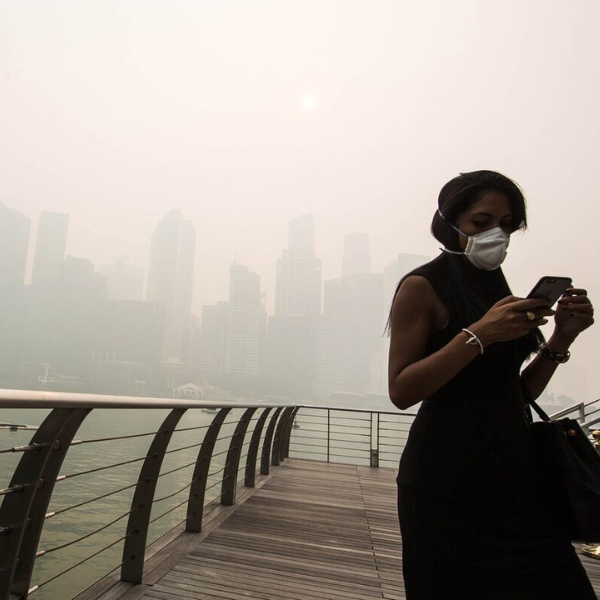
We often think of air pollution as something distant, like smog in faraway cities. Or we don’t notice until the haze rolls in. But the air we breathe is a global concern, and what we do inside our homes also matters.
The main sources of air pollution come from transportation, industries, and energy production. These emissions not only contribute to climate change but also affect the air we all depend on. With a bit of research, we can choose to support companies, products, and organisations that actively reduce emissions or operate sustainably, helping us make cleaner air part of our everyday choices.
In Singapore, much of the waste we generate is incinerated, giving high carbon emissions and leaving a toxic ash that needs to be disposed of. And in our homes, everyday cleaning products often contain harsh, toxic chemicals that go far beyond irritating noses. These substances can harm lungs, trigger allergies, and stress sensitive animals.
Choices that Make a Difference
Compassion doesn’t have to be sweeping gestures. Often, it’s found in the quiet choices we make when no one else is watching. These small actions, repeated, become habits and can make a difference.
Here are simple ways to weave compassion into your everyday:
Compassion is not just a feeling, it’s a pattern of choices and actions.
As Jane Goodall reminds us:
“We have a responsibility toward the other life-forms of our planet whose continued existence is threatened by the thoughtless behaviour of our own human species.”
The time to act is now. World Animal Day isn’t just a day in the calendar, let it be a reminder that our choices matter today, tomorrow, and every day after. From the products we buy, to the way we treat our environment, to the organisations we support, every action contributes to the kind of world we leave behind.
And while individual choices add up, we can also make a difference together by supporting legislation and encouraging leaders to prioritise the health of our planet and the welfare of the animals who share it with us. We have taken over the habitats of wild animals, so it is our duty to care for them. And in our cities, urban animals who have adapted to live among us now depend on our compassion and responsibility too.
At Nutrivore, we believe nourishing our dogs goes hand in hand with nourishing the world they live in. A healthy planet means recognising our responsibility to protect all living beings, so that pets, wildlife, and people can thrive together.
This October and onwards, let’s try to be the change. Small ripples of compassion matter and together, they can become waves of change.
